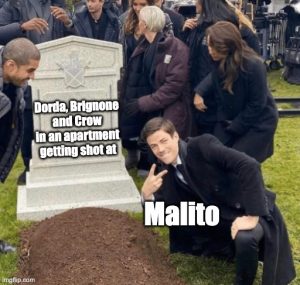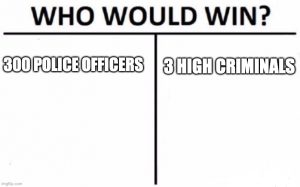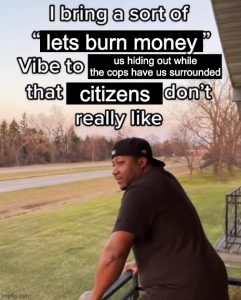Death With Interruptions – A Permanent Curse Suspended in Limbo
“As in a game of chess, death advanced her queen. A few more moves should open the way to a checkmate, and the game will end.” (186)
Is the wish for immortality a blessing or a curse? That answer seems simple.
What begins as a celebration devolves into the unknown. Humanity’s fear of death is nothing compared to its fear of life.
In this new world, religion stands without purpose, the government is at a halt, and the ‘maphia’ (emphasis on ‘ph’ so as not to be confused with mafia with ‘fi’) starts to infect the community. Eternal life breeds new challenges that humanity hadn’t dared to consider, and one must “not foster false hopes” (8) of immortality.
Death may be gone, but pain is not. Those on the brink of death are suspended in a listless, forever undying state: a permanent state of limbo. The removal of death is not a blessing. It stirs doubt within the population because what is there to live for if you cannot die?
Amongst my brief summary (and subtle existential ramblings), this book is truly a hypnotic mind-fuck. The suspension of death is not typically something one thinks about–but these ‘what ifs?’ are genuinely the point with works of speculative fiction.
Narratives At Play
The beginning presents itself as the philosophical pondering of death’s vacation and, underneath it, the satirical nature of death’s vacation. It is a commentary on humanity’s futile existence. It is an absurdist case study.
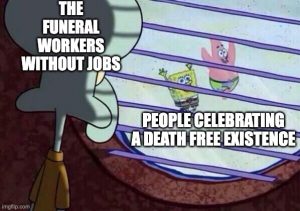 “for it is not the same thing to bury a human being and to carry it to its final resting place a cat or a canary, or indeed a circus elephant or a bathtub crocodile…” (18).
“for it is not the same thing to bury a human being and to carry it to its final resting place a cat or a canary, or indeed a circus elephant or a bathtub crocodile…” (18).
The funeral directors, once having a market of corpses, now find the coffins empty. They complain over their new jobs of burying animals in elaborate ways–a strange complaint in this time of uncertainty. This is just one of the many absurdist themes in the novel. There is no longer any point. Death is gone, and people will start to wish to be dead. Immortality is a curse, which we will soon see.
Around more than halfway, death herself becomes a character. The tone switches into a melancholic existence.
This is where I started to connect emotionally with the novel. I am truly interested in the personification of death. I am intrigued by the paradoxical nature of death: being alive yet not feeling ‘alive’ in the way humanity does.
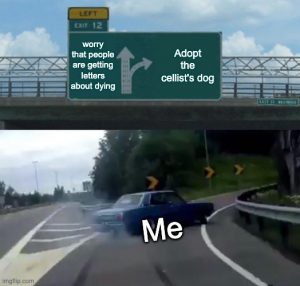
A cellist’s pre-death warning keeps bouncing back to death, something that has never happened before. Curious (and a bit worried), death takes it upon herself to investigate.
Death can find herself in the human world, sitting amongst the audience at the orchestra. What began as the journey to condemn the cellist to death reveals itself into death learning to live. It is such a beautiful narrative that focuses on the futility of life. As death watches the cellist, the readers find themselves entranced by the simple man. The way “a man and a dog asleep, perhaps […] dreaming about each other, the man about the dog, the dog about the man…” (170) is something so mundane it truly captivates death.
My stomach was in knots as I watched the impending countdown of the man’s life, the dog one day searching for his owner to no avail. It is genuinely the inevitability of death and its effects on others that is so heartbreaking. This man, unmarried, a simple cellist, accompanied only by man’s best friend, will leave his buddy. I don’t know why, but this broke something in me.
But all is not tragic as Death finds herself alive, setting a blaze to the cellist’s death letter and falling asleep (something death never could do). And with death alive, “no one died” (238).
If I reread this book, I think I will die from sadness. (Ps. I was on the verge of losing it if the dog died)
“For the first time in her life, death knew what it felt to have a dog on her lap” (172)
Discussion Question
In this land with no death, some cross the border to let the dying die. The morality of killing is blurry in a land without death, yet the limbo state of the dying is permanent. Reflecting on a world in which you have to decide whether to let someone you love live in pain or die, which would you choose? What are the moral implications of either choice?
The only certainty we have is life and eventually death: https://www.arthistoryproject.com/subjects/death/
“Self-portrait with Fiddling Death”– Arnold Böcklin



